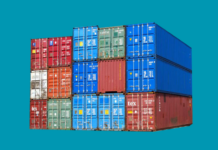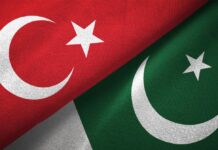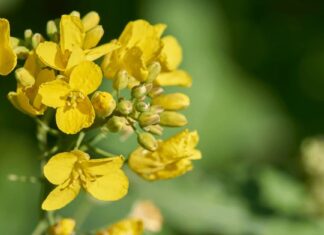The government will be spending Rs 20b on the development of export sector over next three years under Strategic Trade Policy Framework (STPF) and to counter effects of global recession.
It is a fact that overall recession in world import demand has led to a decline in our exports and has been a major cause of low commodity prices, slowdown of the Chinese economy and Eurozone debt crisis.
Highlighting the steps taken by government to counter effects of such global recession, sources at Commerce Division on Monday said an incentive for technology up-gradation has been announced in shape of investment support of 20 pc and markup support of 50pc up to a maximum of Rs. 1m per annum per company for import of new plant and machinery.
Prime Minister has also announced Trade Enhancement Package of Rs. 180b to restore competitiveness and boost exports.
The salient features of the package include Zero rating of machinery imports, Withdrawal of duty and sales tax on cotton import, Withdrawal of duty on import of MMF, Release of pending liabilities of Textile Policies and Release of pending Sales Tax Refunds.
The other initiatives inter-alia include matching grant up to a maximum of Rs 5m for specified plant and machinery or specified items to improve product design and encourage innovation in SMEs and export sectors of leather, pharmaceutical and fisheries.
Matching grant to facilitate branding certification for faster growth of SME and export sector in Pakistan’s economy through Intellectual Property Registration (including trade and service marks), Certification and Accreditation.
The drawback for local taxes and levies is being given to exporters on Free on Board (FOB) values of their enhanced exports if increased by 10 pc and beyond (over last year’s exports) at the rate of 4 pc on increased exports.
Under short-term export enhancement measures, the four product categories i.e. basmati rice, horticulture, meat and meat products, and jewellery, are being focused with a parallel focus on the markets such as Iran, Afghanistan, China, and the European Union.
An additional Rs 6b is available during this fiscal year to exporters through Textile Policy 2014.
The sales tax zero-rating regime for five export-oriented sectors i.e. textile, leather, carpets, surgical and sports goods has been introduced.
Uninterrupted energy supply has been implemented with zero electricity load-shedding on industrial feeders since October 2015 and zero gas load-shedding for the industry since March 2016.
In order to reduce the cost of doing business, the government has reduced electricity tariff by Rs. 3 for industrial units with effect from January 1, 2016.
Furthermore, the fuel adjustment has been passed on to the consumer to further reduce the cost of production.
The export infrastructure is being continuously improved, National Tariff Commission Act has been revamped and approved by Parliament while Trade Development Authority of Pakistan is undertaking various export promotional activities through trade exhibitions and delegations.
The availability of affordable finance for the export sector has considerably improved. The State Bank of Pakistan has further reduced discount rate to 5.75pc. Similarly, the Export Finance Rate is currently at 3.5pc, which is the lowest in a decade.
Exim Bank is being established to facilitate export credit and for reducing the cost of borrowing for exporting sectors on the long term basis. This will also reduce their risks through export credit guarantees and insurance facilities. The Board of Directors of the bank has been appointed and it will be functional after completing the technical formalities.
Federal Cabinet has approved the resumption of banking channels between State Bank of Pakistan and Central Bank of Iran, which will boost Pak rice exports substantially.
There is a consistent effort for negotiating additional market access for Pakistani products in the target markets – FTA negotiations with Turkey and Thailand are at an advanced stage, negotiations with Iran on FTA are being initiated, and joint research study to assess the potential for a preferential arrangement with Korea is underway.























